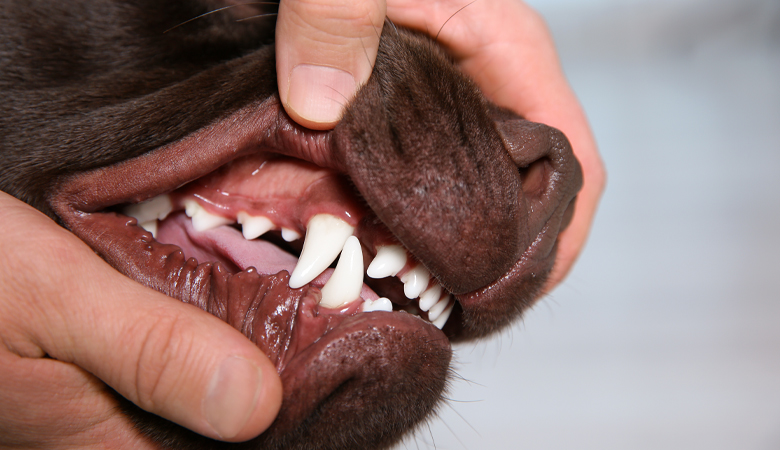Pet Dental Care Month
Written by Kelsey |
Did you know that 8 out of 10 dogs and cats over the age of 3 suffer from dental problems without their owners noticing? Discover how to prevent this and keep your pet healthy! To raise nationwide awareness of this issue, February has been declared Pet Dental Care Month.

What happens during Pet Dental Care Month?
Pet Dental Care Month is an initiative by Pedigree. During this period, participating veterinary clinics across the country organise special events and extra consultations focused on preventing dental problems and promoting dental care for dogs and cats.


